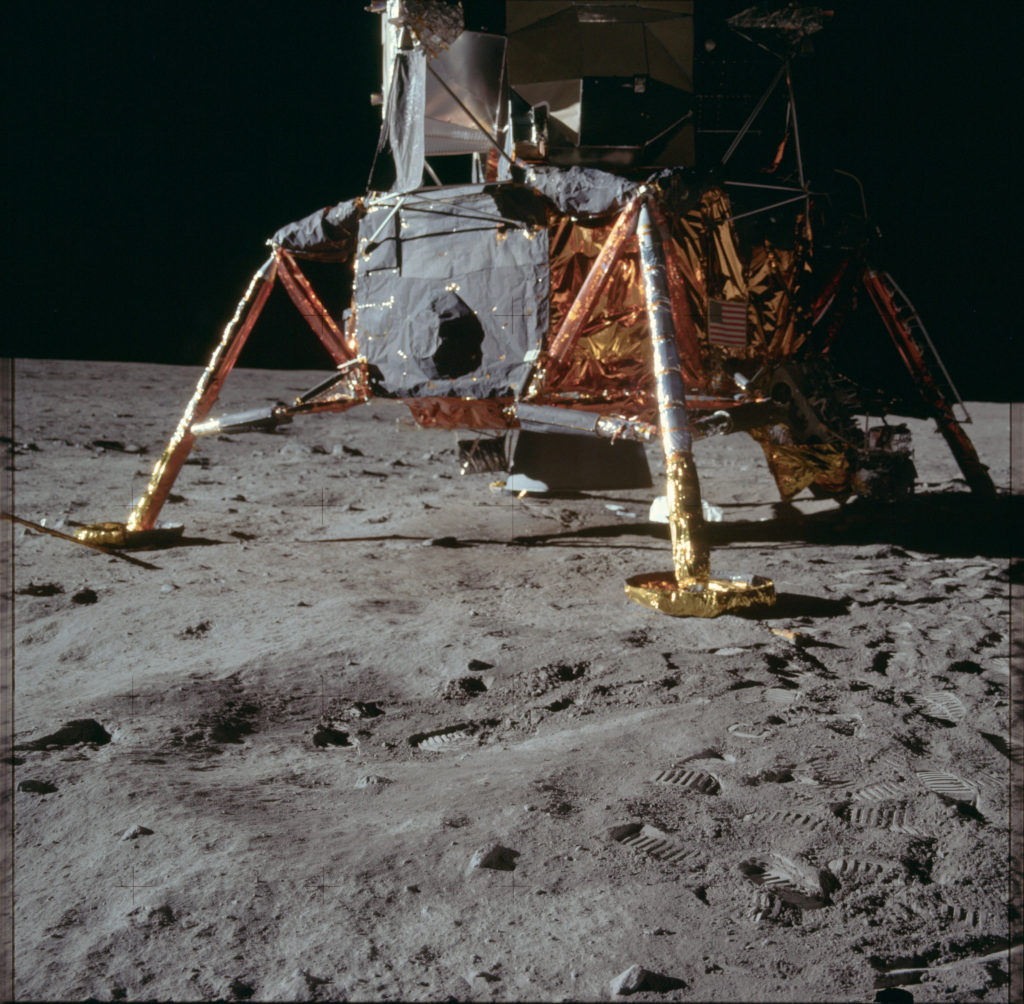I woke up this morning thinking about space. Or rather, the shift in rhetoric about space exploration over the last couple of decades.
My opinions on space exploration used to be a lot more earthly, “why are we messing about up there when we haven’t got down here sorted out properly yet?” The usual. But as I read more sci-fi I became a more sympathetic with the motives: innovation, exploration, and the idea of something to collectively dream for. For example, Kennedy’s rhetoric, and the sheer number of times he said “We” in his 1961 speech to Congress; Apollo 11’s plaque that read “We came in peace for all mankind.” Of course, this isn’t to discount the fact that NASA was engaged in a soft power war with Roscosmos, but the fact that part of this rhetorical conflict was centred around an appeal to a collective ‘we’ is significant. I think what I came to appreciate was the imaginative ambition of the push to do more, go further, in which we were invited to share as a common dream.
Compare this with the current rhetoric and mores of space exploration. NASA has taken a back seat to private companies owned by billionaires. Space exploration is entirely about servicing the needs and prestige of a tiny number of very rich men. Who is talking about the collective any more? We no longer have a collective stake in transcending our physical, earthly limitations. This shift represents a sort of bottleneck in the collective imaginative ambitions of humankind as a whole. 21st century robber barons have stolen even our dreams.

